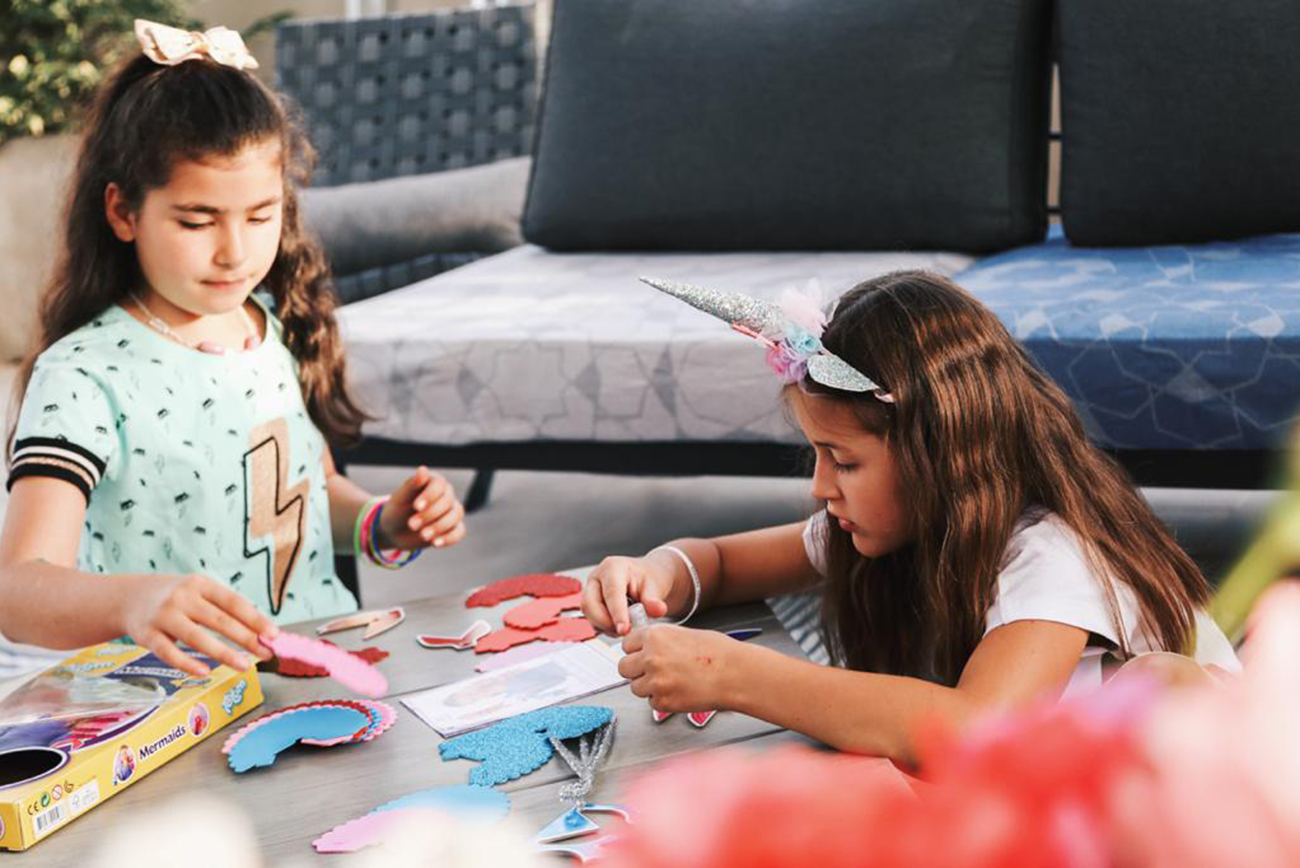There is a silent tragedy that is developing day after day in our homes and concerns our most precious jewels: our children.
Our children are in a devastating emotional state.
Over the past 15 years, researchers have given us increasingly alarming statistics about a sharp and steady increase in childhood mental illness that is now reaching epidemic proportions:
Statistics don’t lie:
- 1 in 5 children have mental health problems
- A 43% increase in ADHD was noted
- A 37% increase in adolescent depression was noted
- A 200% increase in the suicide rate in children between 10 and 14 years has been noted.
What is going on and what are we doing wrong?
Today’s children are over-stimulated and overloaded with material objects, but they are deprived of what is truly fundamental for a healthy and happy childhood, such as:
- Emotionally available parents
- Clearly defined limits
- Responsibility
- Balanced nutrition and good sleep quality
- Movement in the open air
- Creative play, social interaction, unstructured play opportunities and spaces for boredom.
Instead, these last few years we have filled them with:
- Digitally distracted parents
- Indulgent and permissive parents who let children “rule the world” and be the ones who set the rules
- A sense of right, of undeservedly everything without earning it or being responsible for it
- Inadequate sleep and unbalanced nutrition
- A sedentary lifestyle
- Endless stimulation, technological babysitters, instant gratification and the absence of boring moments.
What to do?
If we want our children to be happy and healthy individuals, we must wake up and go back to basics.
It is still possible … with the following recommendations:
- Set limits and remember that you are the captain of the ship. Your children will feel more confident knowing that you are in control of the helm.
- Offer children a balanced lifestyle full of what they need, not just what they want. Don’t be afraid to say “no” to your kids if what they want isn’t what they need.
- Provide nutritious foods and limit junk food.
- Spend at least an hour a day outdoors doing activities such as: cycling, walking, fishing, bird / insect watching.
- Enjoy a daily family dinner with no phones or technology to distract them.
- Play with family board games or if the children are very young for board games, let yourself be carried away by your interests and allow them to lead the game.
- Involve your children in some homework or homework according to their age (folding clothes, ordering toys, hanging clothes, arranging food, setting the table, feeding the dog, etc.).
- Implement a consistent sleep routine to ensure that your baby sleeps well. Timetables will be even more important for school-aged children.
- Teach responsibility and independence. Do not protect them in excess against any frustration or error. Making mistakes will help them develop resilience and learn to overcome life’s challenges,
- Do not load your children’s backpack, do not bring their backpacks, do not bring them the task they have forgotten, do not peel their bananas or oranges if they can do it alone (4-5 years). Instead of giving them fish, educate them to fish.
- Educate them to wait and delay gratification.
- Provide opportunities for “boredom” as boredom is the moment when creativity awakens. You don’t feel responsible for keeping children entertained.
- Do not use technology as a cure for boredom, nor offer it on the first second of inactivity.
- Avoid the use of technology during meals, in cars, in restaurants, in shopping malls. Use these moments as an opportunity to socialize, thus training your brains to work when they are in “boredom” mode.
- Help them create a “jar of boredom” with business ideas for when they are bored.
- Turn off phones at night when children have to go to bed to avoid digital distraction.
- Become a regulator or emotional trainer of your children. Educate them to recognize and manage their frustrations and anger.
- Educate them to greet, to take turns, to share without remaining without anything, to say thank you and please, to recognize the error and apologize (do not force them), be a model of all those values ??that you inculcate them.
- Connect emotionally – smiles, hugs, kisses, tickles, reading, dancing, jumping, playing with them.
It looks so simple but it’s not. It takes time and effort to get this parenting skills right. But It’s worth it because it concerns our most loved ones- our dearest children. We must do and try our hard to get it all right!
(Article based on the facts published by Dr. Luis Rojas Marcos psychiatry)



